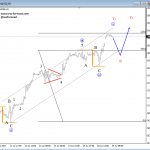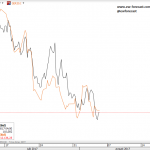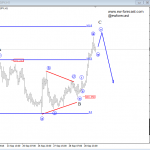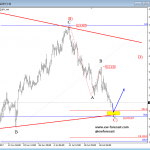Yen rates keep being influenced by fear around the recent outbreak of coronavirus
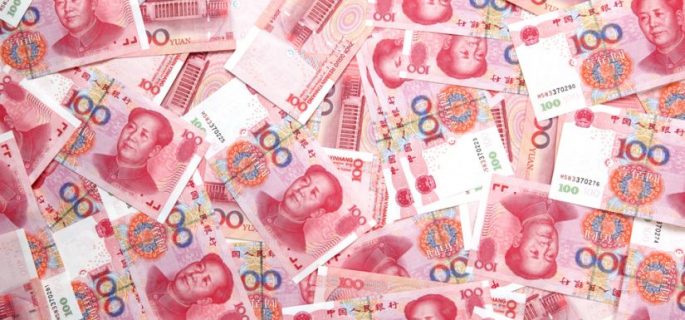
Risk-recovery has been a hot topic of the week in Asia. The experts are trying to predict the future of the Asian stocks, Wall Street futures and Treasury yields. A decrease in the number of the new coronavirus cases in China’s central province, Wuhan, supports everyone’s hope for a recovery of the Chinese economy and avoidance of a further economic fallout.
Yen appeared to be the weakest across the Forex boards on different currency exchanges. USD/JPY exceeded the 110 level for the first time in a week yesterday.
Generally speaking, China’s economic growth and the stability of its domestic currency have been seriously damaged by the recent outbreak of a coronavirus. Namely, the majority of financial analysts agree that the country’s economic growth can reach as low as 3.5% in the first quarter of 2020 if the spread of the virus won’t be effectively contaminated.
Chinese healthcare authorities have recently released new updates: there are 74,185 confirmed cases of the virus and 2.004 cumulative deaths reported. Most of those are coming from the Hubei province – the initial epicenter of the virus outbreak.
Manufacturing and production were stopped throughout the country authorities had to shut down almost all factories of both local and foreign companies. Some of those, however, have already turned back to its normal manufacturing process. But still, according to the recent reports, the production level had only reached 30%-50% of normal level last week.
Because China is the world’s second-largest economy and is home to major parts of global supply network, the shutdown of factories there not only affected the country itself, but also the rest of the world and especially companies that were relying on manufacturing of goods that was managed in China.
Analysts predict that the production will reach a 60%-80% level by the end of this month. It is likely to be completely back to normal only in the late March, in case everything goes as planned.
“Based on the evidence that production activities are currently resuming at a very gradual pace, we think that the current situation would be more in line with the scenario of ‘gradual normalisation,” said one of the analysts.
“Given the uncertainties around the spread of the virus, we are watching the risks of transitioning to a scenario of ‘extended disruption.”
What is more, analysts believe that China and other Asian economies could potentially use policy measures to soften the economic impact of the virus. Some of the possible economic measures could include cutting interest rates further and providing tax exemptions to affected sectors.
“We expect that, once the effects of the disruption fade, the global economy will receive a bounce as companies move to resume production and that it would receive a boost as inventory levels are rebuilt to normal levels after the drawdown during the disruption,” added analysts.









